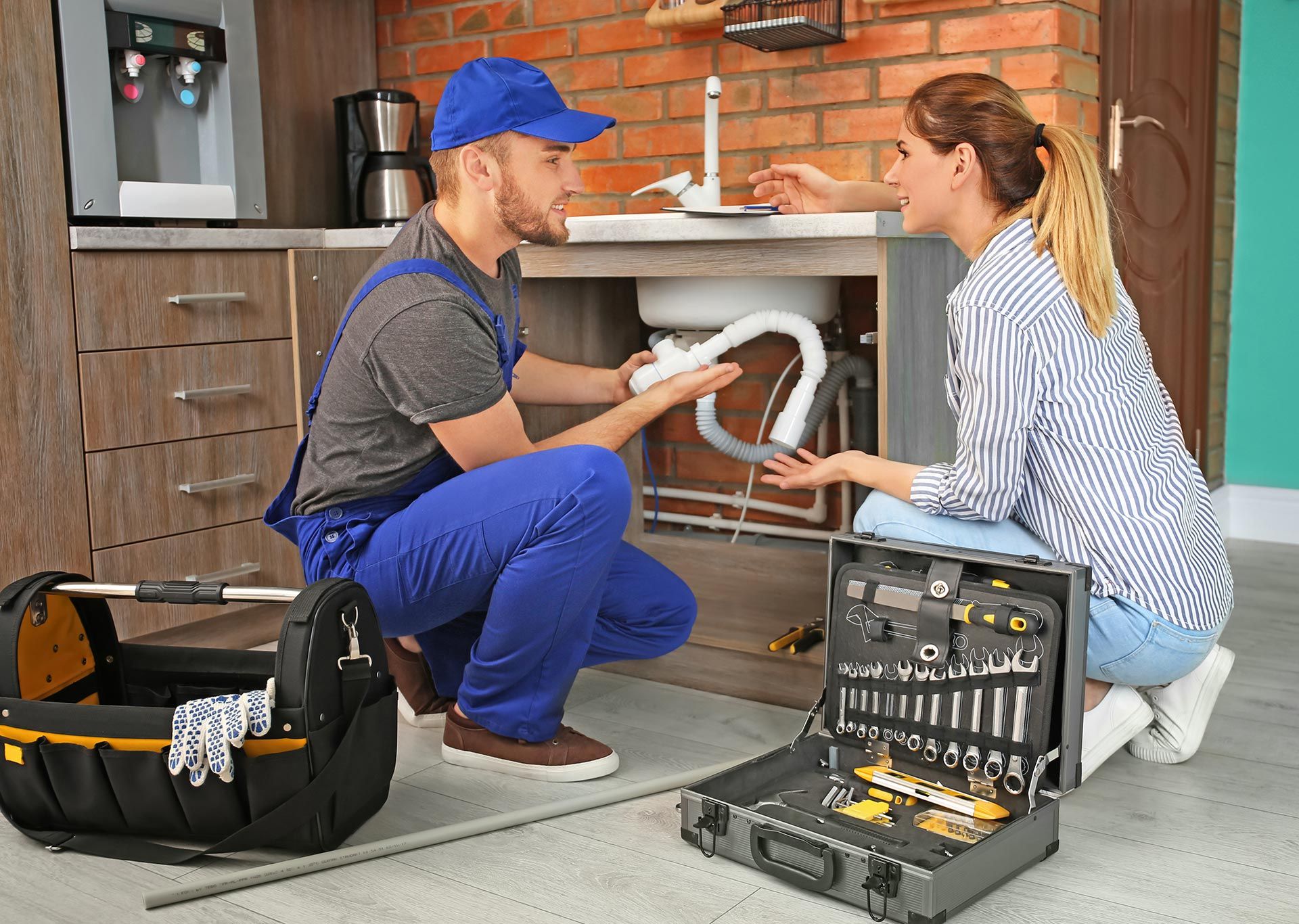Minimum Energy Efficiency Standards (MEES)
Minimum Energy Efficiency Standards (MEES)
MEES (Minimum Energy Efficiency Standards) Explained
MEES regulations were introduced to promote improvements to domestic private rented properties by applying a minimum energy efficiency rating. The regulation came into force for private rented properties in England and Wales on 1st April 2016 and covers both residential and commercial properties. In this article we will be focusing on what this means for domestic private rented properties.
The essence of the regulation is that private rental properties need to achieve an E rating or higher on their Energy Performance Certificate (EPC) in order to be let.
There are a few reasons why these regulations have been introduced, the top two are:
- To meet the net zero carbon targets set by the Government
- To reduce fuel poverty
- The Net Zero Carbon target set by the Government requires the UK to reduce its greenhouse gas emissions to net zero by 2050. The UK was the first to commit to this and the Government is keen to ensure that we meet this target. A lot of work is needed to decarbonise the grid, with energy efficiency improvements required for both commercial and domestic properties.
Fuel poverty is a separate issue. According to reports published in April 2020 by BEIS (Department for Business, Energy and Industrial Strategy) around 1 in 10 properties (10.3% of all households) in England are living in fuel poverty as of 2018. The report also highlights that 17.7% of private rental tenants are living in fuel poverty.
BEIS recently released a new consultation on the MEES regulations looking at the future changes that they would like to make to the legislation. The consultation ‘Improving the energy performance of privately rented homes’ outlines the next steps in MEES with the preferred scenario from BEIS being for all new tenancies (and changes to tenancy such as moving to a rolling contract) to have an EPC at Band C from 1st April 2025 and for all new tenancies to have an EPC Band C from 1st April 2028.
EPC Implementation
All Landlords are required to ensure that their property has an EPC rating of E or higher unless they have met the requirements for exemption. The implementation has been spread over a few years to make the process smoother:
From the 1st April 2018, any new lease for a property had to have an EPC rating of an E or above. This includes contract renewals, extensions or moving from a fixed term into a rolling contract.
From 1st April 2019 the regulation was amended to remove the ‘no upfront cost’ provision, meaning that if third party funding is not available then landlords need to self-fund the improvements.
From 1st April 2020 all privately rented properties are required to meet Band E or higher, regardless of whether there is a change in tenancy.
What are the MEES exemptions and do I meet them?
As with any regulation there are always going to be exceptions to the rule. If you feel you qualify for a MEES exemption, you can apply online through the PRS Register site here. You will need to submit evidence of the reason for exemption, copies of reports from experts as well as a copy of the property’s most recent EPC.
There are a number of reasons why a property can be exempt from the regulations, which include:
- Wall Insulation Exemption – Where the application of the recommended wall insulation would have a negative impact on the property. You would need to submit an experts report to evidence this.
- All recommended improvements have been made but the property remains below an E – Where no more measures can be applied to the property, or the spending cap has been reached and the property has not reached an E rating. Evidence for this will be a new EPC, information and evidence of measures applied and spending so far.
- Below an E and no improvements can be made – Where there are no measures that can be applied to the property, regardless of cost. This would need to be evidenced with an EPC and expert reports.
- Consent Exemption – Where consent is required to apply the measure(s) and this has been denied.
- Devaluation Exemption – Where the measure(s) that can be applied would devalue the property by more than 5%. A report will need to be prepared by an independent RICS surveyor to evidence this.
- Exemption on recently becoming a landlord – where a landlord has just taken on a property, they can register an exemption for 6 months to give them time to apply improvements to the property.
- Landlords that previously registered a ‘no cost to landlord’ exemption, before the regulation change in 2019, will not be exempt for 5 years, but will instead need to have made improvements to their property by April 2020. Except for the old ‘no cost to landlord’ and the ‘Exemption on recently becoming a landlord’ the exemptions last for 5 years. This exemption however does not stay with the property. If a new landlord takes on the property, they will need to register a new exemption.
Get a free quote
Contact Us
We will get back to you as soon as possible.
Please try again later.
Concerned about leaky taps and pipes?
Hire a professional to handle all your plumbing needs. You'll save money & gain peace of mind.
Need immediate service?
We're available 24-hours a day, 7 days a week.
Professional Inspections

Professional assessment
Write a description for this tab and include information that will inform and interest site visitors.
Include enough information to give visitors a clear idea of what you need and provide key details that distinguish this service from the rest.

Competitive rates
Write a description for this tab and include information that will inform and interest site visitors.
Include enough information to give visitors a clear idea of what you need and provide key details that distinguish this service from the rest.

Guaranteed satisfaction
Write a description for this tab and include information that will inform and interest site visitors.
Include enough information to give visitors a clear idea of what you need and provide key details that distinguish this service from the rest.


